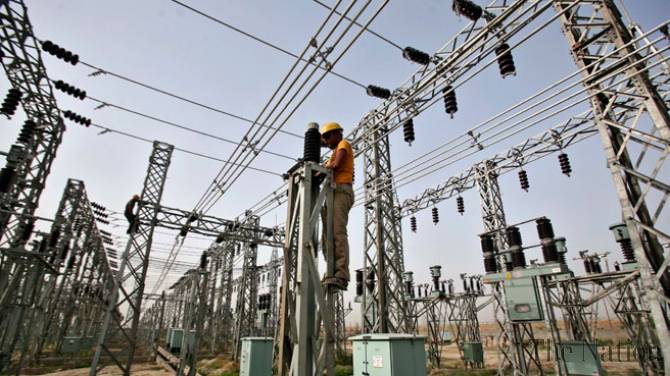By Energy Worth
The nation’s power grid has suffered a total collapse this month, for the first time since February.
Data obtained from the Federal Ministry of Power, Works and Housing on Friday showed that the grid collapsed on June 8, bringing the number of total collapses recorded so far this year to seven.
Following the collapse of the grid, total electricity generation plunged to 2,202.40MW as of 6am on June 9, down from 3,669.20MW on June 8.
Fifteen out of the nation’s 27 power plants were not generating any megawatts as of 6am on June 9, as the collapse led to the shutdown of five additional plants, including Egbin in Lagos.
The other affected plants were Sapele I, Geregu I, Sapele II and Alaoji, joining Afam IV & V, Geregu II, Olorunsogo II, Odukpani II, Gbarain, AES, ASCO, Omoku, Trans-Amadi and Rivers on the list of idle plants.
As of June 12, generation rose to 3,720.60MW as Egbin, Geregu, Alaoji and Omoku came back on stream, while 10 plants remained idle, according to the latest data from the ministry.
Electricity on the grid increased to 3,992.60MW on Friday, June 15, according to generation figures obtained from the Nigeria Electricity System Operator, an arm of the Transmission Company of Nigeria.
The system operator put the nation’s installed generation capacity at 11,165.40MW; available capacity at 7,139.60MW; current transmission capacity at 7,000MW; network operational capacity at 5,500MW, and the peak generation ever attained at 5,222.3MW.
Unutilised generation capacity stood at 2,623.2MW on June 12, with 2,195MW due to gas constraints; 238.2MW as a result of line constraints; and 190MW due to water management issues.
The nation generates most of its electricity from gas-fired power plants, while output from hydropower plants makes up about 30 per cent of the total.
Meanwhile, the management of the Ibadan Electricity Distribution Company has appealed to customers within its network not to engage in illegal connections to save lives and property.
The Head, Branding and Corporate Communications, IBEDC, Angela Olanrewaju, who gave the warning in a statement on Friday, urged customers not to tamper with electricity cables.
According to her, the habit of tapping electrical power directly from low tension lines to power light bulbs during parties and community carnivals is illegal and should be stopped.
She said, “The act has been identified as a major source of leakages and commercial losses to the company, making it difficult for the company to account for the full monetary value of the energy received from the market operator.
“Nobody should assume that a wire is safe to touch even if it is down or appears to be insulated. Our customers are advised not to touch any fallen overhead power lines. We advise customers to call the IBEDC or visit the nearest office to report fallen electrical lines.”
Olanrewaju also advised customers to switch off all electrical appliances and unplug them from the mains when not in use and when leaving their houses.









